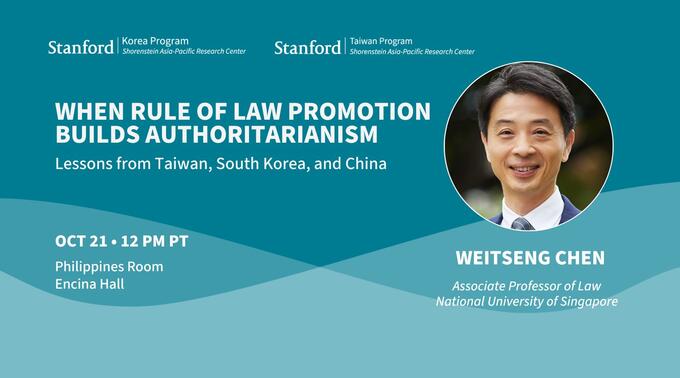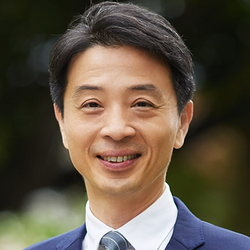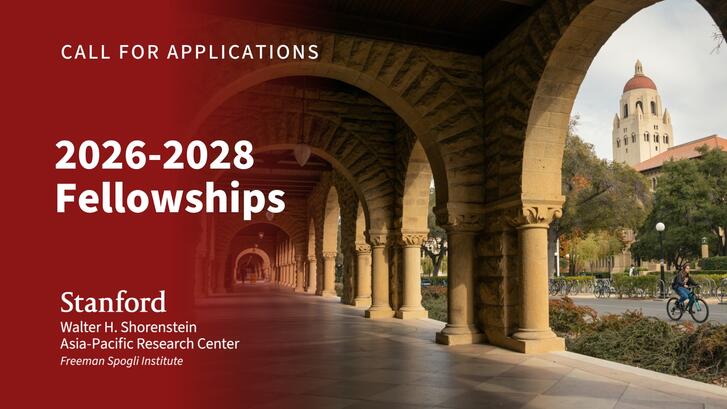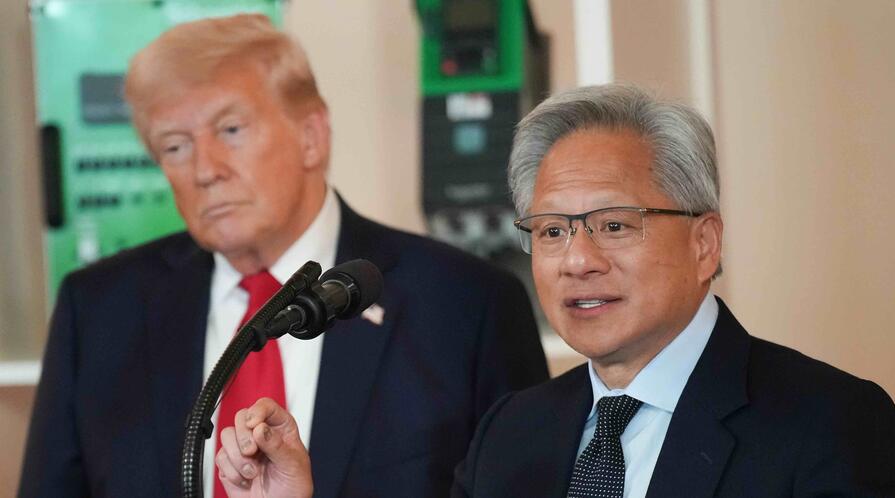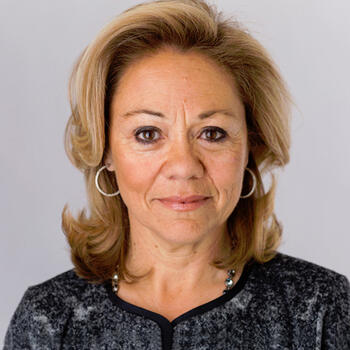The Irrawaddy: In the past, the US has played a major role in promoting democracy, freedom and federal union in Myanmar. You know in 2008-09, we had Kurt Campbell, one of the key architects of the pivot to Asia and of course specific Myanmar policies of principled engagement, and the carrot-and-stick approach, where sanctions were imposed but also with the incentive that if reforms took place, the sanctions would be eased. There was very consistent and intense communication with the-then regime and the opposition in Myanmar. Do you think that, in coordination with ASEAN, the US can work on Myanmar issues with the same vigor and energy as it did in the late 2000s?
Marciel: It’s a good question. It’s very clear that the US and the Biden administration remain very supportive of efforts to help the country go back to democracy and peace and federal union. But my sense is that it’s hard to figure out what they can actually do to make that happen. There’s not a lot of easy choices, whether it’s the United States or ASEAN, because the generals do not seem interested in doing anything positive, they are just holding onto power. We’ve seen what they are willing to do to their own people for the sake of holding power. And it narrows the space for diplomacy, certainly. I would have a very hard time if I were still in the government saying we should engage with the junta and try to create incentives for them because I think there is no chance, absent them feeling much more pressure, that they are willing to seriously consider changing their approach.
The Irrawaddy: Do you think there should be more sanctions, more pressure, including maybe an arms embargo? What about ASEAN and other countries like China, Thailand, and India?
Marciel: There is no great option right now. I don’t believe there is, at this point at least, any opportunity for dialogue that will return the country to a democratic path or democratic federalism. I don’t think the military can restore stability and govern the country effectively. So the best possible scenario is for the military to face so much pressure, that they then begin to look for a way out. So yes, I think maximum pressure, both internally and externally, on the military whether it’s by sanctions or other means is the best chance of achieving progress, though it won’t be easy.
The Irrawaddy: We have a powerful neighbor, China, which shares a long border with Myanmar. We also have our neighbor Thailand, which is absorbing refugees, migrant workers, and asylum seekers. Because of the crisis, they are also sharing the burden. Obviously, China is always supportive of those in power, whether it is the regime or a democratic government. If China and Thailand don’t make any moves, don’t apply any external pressure, it is hard to see any policy of maximizing pressure on the regime working. Do you agree?
Marciel: I agree that there are limits in terms of external pressure. That’s why there is no easy answer. It seems that China is willing to support the junta even though nearly the entire population of Myanmar opposes that. I don’t think that is likely to change. On Thailand, I hope that the Thai authorities will see that the longer the military is in power, the more problems there are going to be across the border, including refugees and instability. And the Thais, I think, will have an interest in pressing in their own way, pressing the military to look for a way out, because otherwise this crisis is going to continue and Thailand’s going to suffer from some of these cross-border challenges, including very serious humanitarian issues.
The Irrawaddy: We have heard that the regime is not happy with the idea of—the wording is quite sensitive—a humanitarian corridor. But Thailand will have to play a key role if cross-border assistance and humanitarian assistance are to reach a large number of Myanmar people. What are your thoughts on that, as the US has made at least four high-ranking official visits to Thailand since the coup? Should the Biden administration engage and cooperate with the Thai government to provide assistance?
Marciel: There is a lot of discussion between the US and Thai officials on this. I don’t know the substance of those discussions. I am not sure what exactly has been said. But to me the United States and Thailand, even if we may have somewhat different views on the coup and the junta, we should try to find a way to work together at a minimum to address the serious humanitarian need right along the Thai border and just across the border. You know it is not easy for Thailand as a neighbor of Myanmar having to deal with the junta. But I think there are ways that this could be done carefully and I assume that these discussions are happening between the United States and Thailand. I hope that they lead to greater and more successful efforts to get humanitarian assistance to the border and across the border on behalf of Myanmar people.
The Irrawaddy: Not only Thailand but, since 1988, the US has also been one of the more generous countries in taking Myanmar refugees and asylum seekers from the Thailand-Myanmar border. This time, again, we see the educated people, the middle class, technicians, professionals, artists, media, and IT people leaving Myanmar. It is a brain drain for Myanmar, but a brain gain for the countries they go to. Do you agree that those people are hugely beneficial to those societies?
Marciel: Yes, I agree. I think, the US processing of…I hate to sound bureaucratic, but you know working to welcome refugees is not a fast process, because there are so many refugees around the world who are seeking asylum in the United States and other places. The US does, as you said, have a long record of accepting and welcoming refugees from Burma/Myanmar. I expect that will continue. I mean, it serves one aspect. A lot of people want to go back to the country and contribute, but right now the conditions aren’t right. For those who definitely want to leave, I think the United States will continue to welcome them. But there is a process because there are so many refugees around the world now.
The Irrawaddy: In Myanmar, as in any country, the people need a professional military, but not the one we have right now. That’s why people have taken up arms against it and the regime. You wrote an article about the Myanmar military last year. Can you talk about reform in the military and security sector?
Marciel: It is too bad that the situation has reached the point that people feel like they have no choice but to take up arms. I don’t judge them for that. It is unfortunate. But the military took away the peaceful option for people to protest or express their views against the junta. It is understandable why a number of people have taken up arms. I wrote the article because I was hearing from some people in the region and around the world saying well, the Myanmar military is an essential institution and one of the country’s few unifying institutions. I disagree. In theory, it should be a unifying institution, but it hasn’t been one. It’s been one that has been a source of so much division and so much conflict. I am sure that there are individuals in the military who would like to work in a professional military but, at least at the leadership level, the culture of brutality and impunity is so deeply ingrained that I don’t think you can reason with these generals. I think Myanmar does need a military, but a dramatically reformed military that will be answerable to the civilian government and that, over many years, will adopt a very different culture and will respect human rights instead of waging war on the people.
